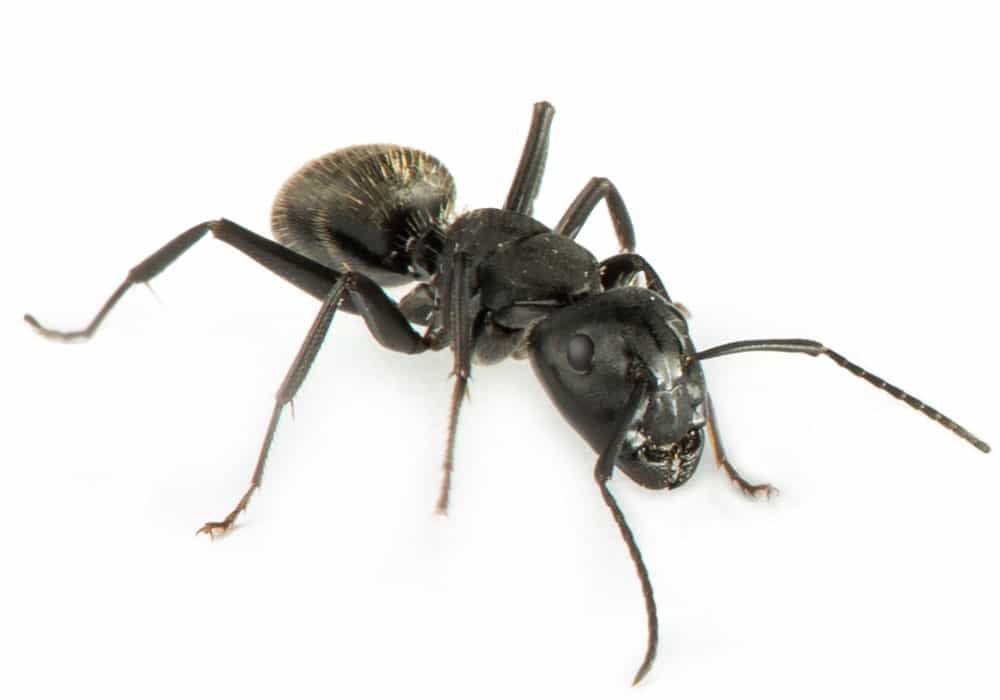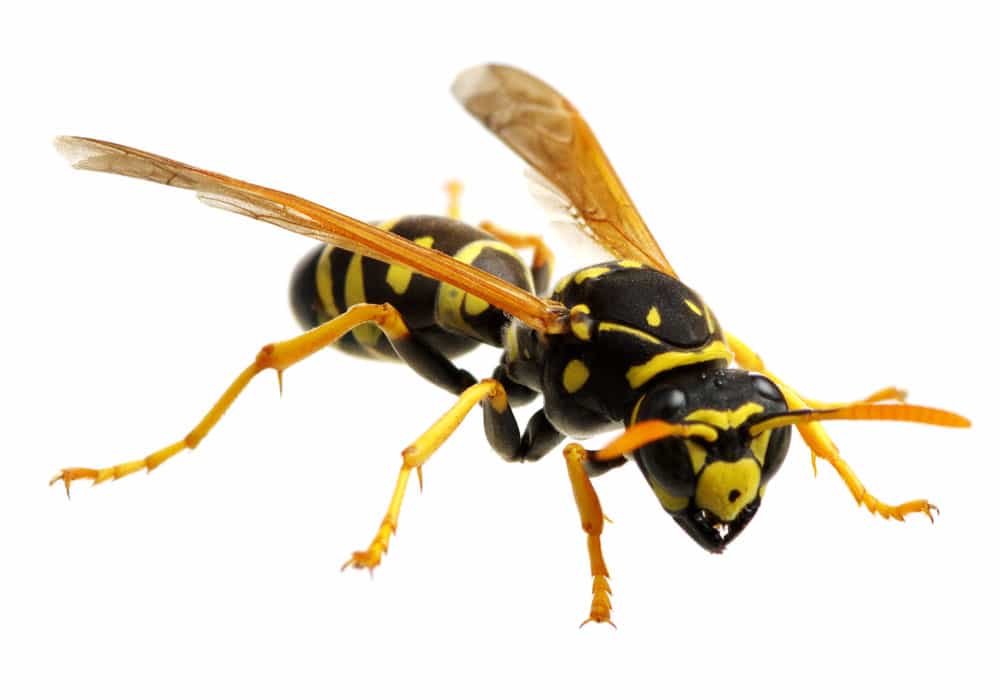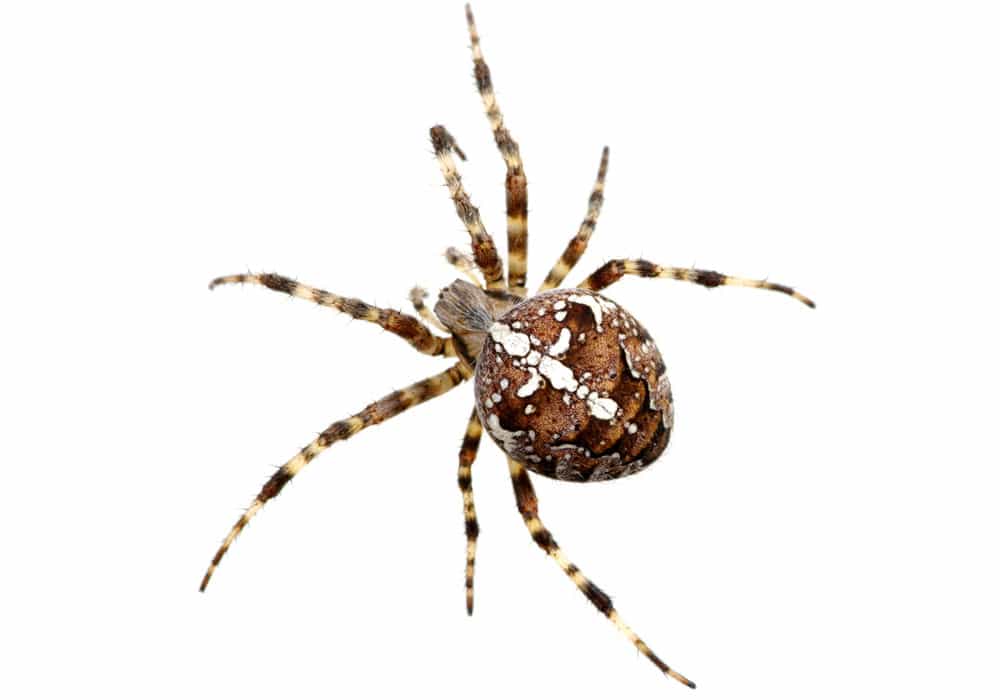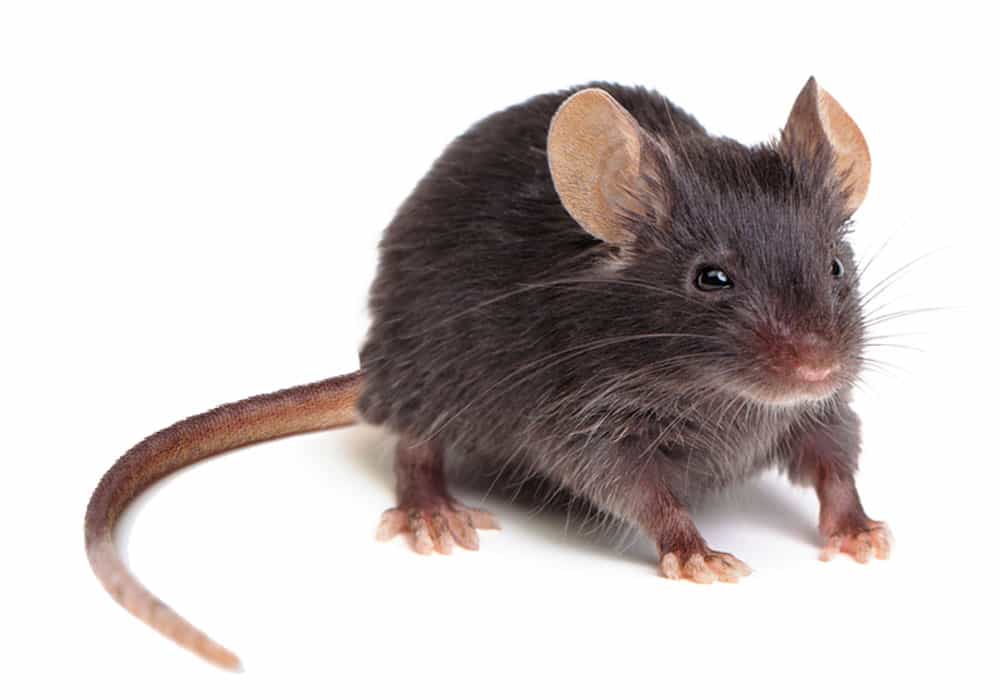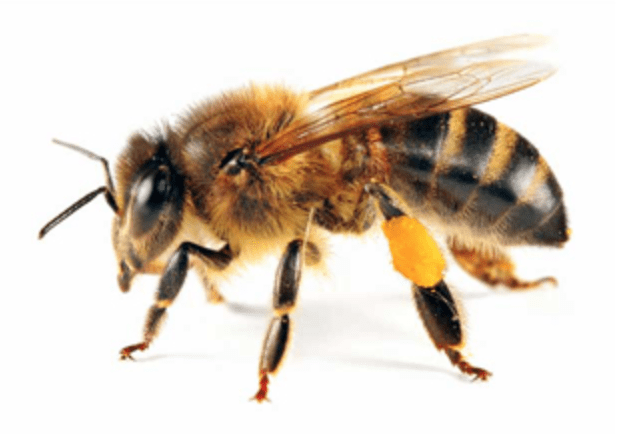
Bees
Bees are a type of flying, stinging insect that are close cousins to the wasp, and, believe it or not, to the ant. Bees play a primary role in the pollination of flowering plants and are crucial participants in the growth of our agricultural products around the world. Stop spending all of your time searching for pest control near me, and contact us today.
Bee Description
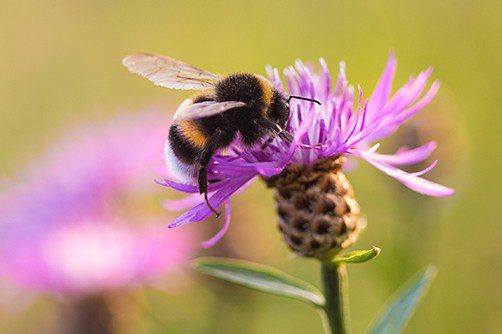
Size
Bees vary in size, but most are found to be about a half-inch to five-eighths of an inch in length.
Color & Appearance
Bees are predominately dark brown or black with alternating yellow and dark brown bands. There are a wide variety of bees in our area, but the most common types are honey bees and bumblebees. Although a cousin to the wasp, they are different from paper wasps – as they build different types of nests and a have slightly different body type.
What are bees?
Bees are flying, stinging insects that live in colonies consisting of queens, worker bees, and drones. Queen bees and worker bees are female, whereas the drones are male. Although there are two types of females, only the queens reproduce, and laying eggs is their only responsibility. Workers are responsible for maintaining the hive and collecting food. Drones only mate with queens.
How did I get bees?
Since bees are big fans of the nectar and pollen of flowering plants, it’s usually safe to assume that they’ve come to your property because of the flowering plants in your yard. However, sometimes bees will wander onto a property in search of water. Bees love congregating around sprinkler heads and other pockets of water, sometimes found throughout the yard.
What do bees eat?
Bees love nectar and pollen. This is what makes them so crucial to the pollination of agricultural and flowering plants. As they fly from plant to plant, pollen will stick to their bodies and is used in the pollinatization of other plants. In fact, The Department of Agriculture estimates that bees pollinate up to 80 percent of our crops.
Where are bees coming from?
Sometimes, it isn’t easy to see your bees’ origin. Bumblebees build ground-based nests, whereas honeybees find places like rock crevices or hollow trees to make their nests. Because bees can forage up to two miles from the hive, it’s often impractical to find the source of bees on your property.
Still not sure if you’re looking at a bee?
Bee Tips
Are Bees
Harmful?

Bees can be harmful.
Bees are stinging insects. Unlike yellow jackets, their stingers are released after they have stung. Additionally, the venom released when they sting can cause pain, swelling, and sometimes severe allergic reactions. If you or a loved one is allergic to bee stings or has an allergic reaction to being stung, seek medical attention immediately!
Under normal circumstances, bees foraging on flowers in the yard are non-aggressive. They will usually leave people alone if they don’t get too close to the hive or come into direct contact with a foraging worker. The honey bee and bumble bee’s more docile nature contrasts sharply with their aggressive wasp, yellow jacket, and hornet counterparts.
Are bees
SEASONAL?

Bees are most active as flowers bloom in the spring and summer months.
Bees will become more active as flowers begin to bloom in the spring, and their activity will heighten based on the volume of flowering plants at a given time. Queens are the only ones to survive during the overwintering period. Some queen honey bees remain active all winter long.
can i treat bees
on my own?

We do not recommend DIY bee treatment.
Treating your home and property for stinging insects requires the right experience and equipment to ensure the job can be done safely and effectively.
At Aspen Pest Control, we believe it’s our responsibility to be good stewards of the environment, and given the crucial roles of bees, that philosophy extends to the bee populations in our area. That said, if you or a loved one is allergic or bees have occupied your home, we will help you find an appropriate solution to your problem.
This may involve helping you find a beekeeper willing to move the hive. Other times, if the bees have infested a structure, the only viable option may sometimes be professional bee removal.
Bee pest control with guaranteed results
Why should I call professional pest control?
At Aspen Pest Control, our team of bee specialists has earned the respect of your friends and neighbors due to our commitment, experience, and belief in delivering a job well done. With the countless services we have provided over the years, we’ve earned the trust of our community and a reputation for being thorough and attentive with the services and recommendations we provide.
Move plants for bee relocation
If you should choose to want bee pest control for your home, this might require considerations beyond standard pest control services. Certain flowering plants attract bees more than others, and removing these plants may discourage their presence.
Better understanding of bee activity on your property
Sometimes, it’s difficult for homeowners to discern between less aggressive and highly beneficial honey bees and more aggressive wasps and yellow jackets, which generally warrant professional treatment. Aspen can help you identify the problem you’re experiencing and create a plan to manage the issue in a way that is environmentally friendly and respects the local honey bee and bumble bee populations.
Bee Treatment
1
INSPECT
Due to the more difficult-to-locate nature of bumblebee and honey bee hives, a thorough inspection is necessary. Our team is well-versed in handling bee populations responsibly and will take the time needed to understand your problem.
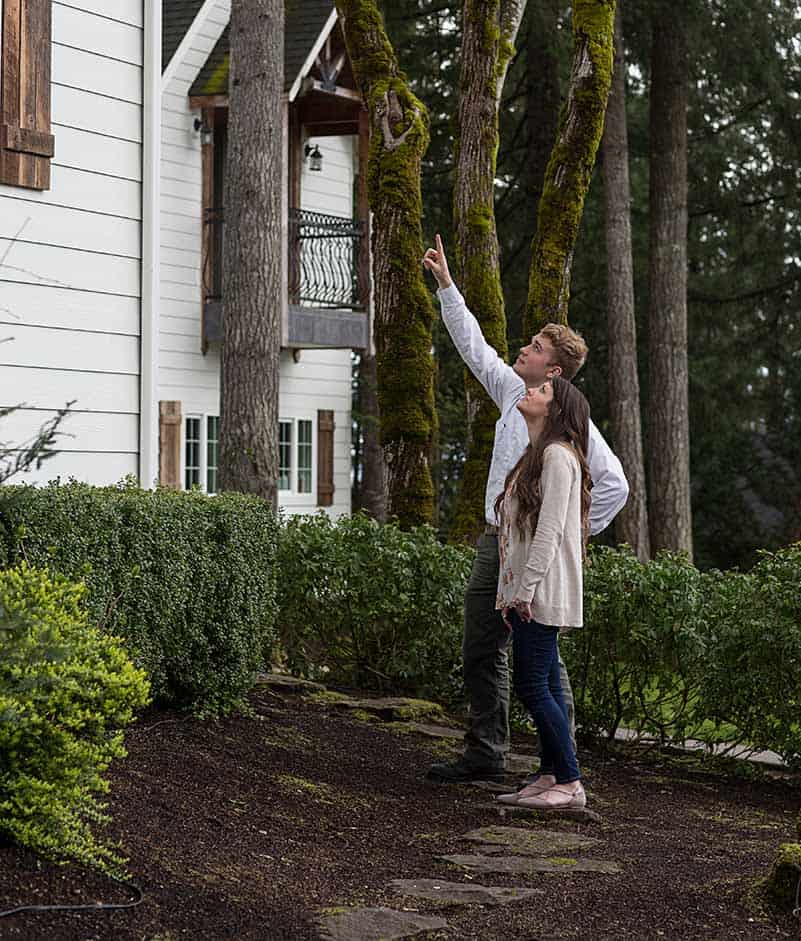
2
Apply products
Again, our philosophy is to be good stewards of our bee friends due to their crucial role in our environment. However, if it is deemed necessary to remove the bees from your property, we will remain true to that ethos by applying environmentally-, kid-, and pet-friendly products.

3
ONGOING OBSERVATION
Getting rid of all pests doesn’t always happen in one quick treatment. And sometimes pests come back. In order to do the best job for you, we believe that ongoing observation of your problem areas is key to ensuring the long-term management of your pests. Learn more about our Home Protection Plan.
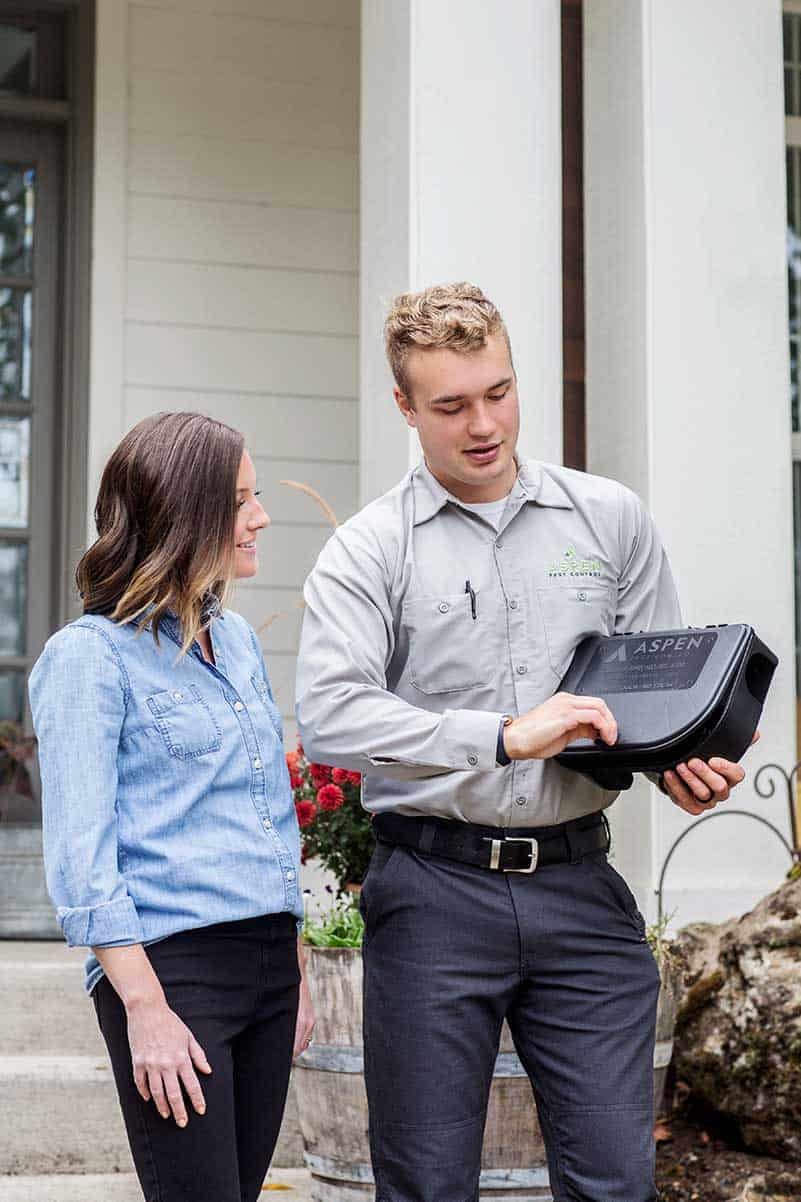
Secure your home from bees

Your Satisfaction Guaranteed
We want you to live a stress- and pest-free life, and at Aspen Pest Control, we know that the latter can make the former true! If you have a pest infestation, are curious about long-term pest control, or simply want a free quote, give us a call! We’d be proud to show you why we’re the preferred choice of so many in our community for all of their pest control needs.
Call Aspen Pest Control today and get rid of your bee problem.
Talk with an expert pest control technician
Vancouver Office:
12104 NE 95th St.
Vancouver, WA 98682
Portland Office:
8305 SE Monterey Ave
Suite 220 Q
Happy Valley, OR 97086
Mailing Address:
13504 NE 84th St
Suite 103 – 263
Vancouver, WA 98682

